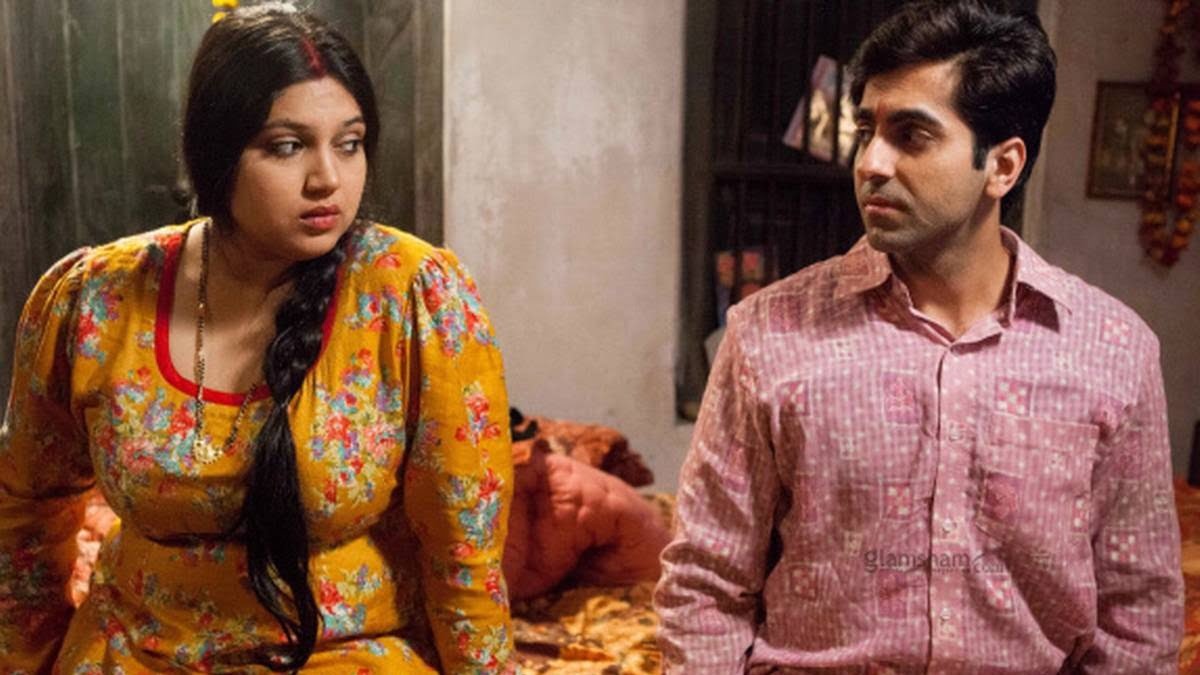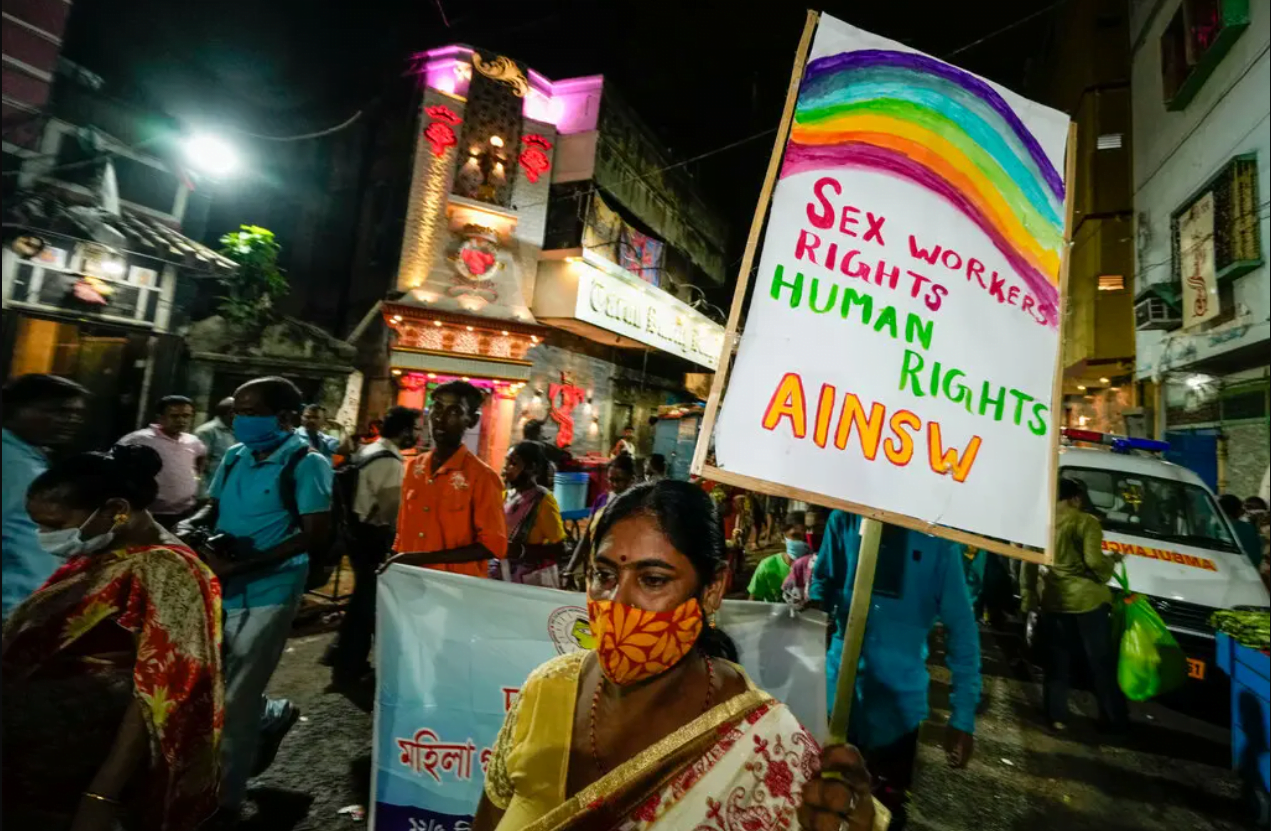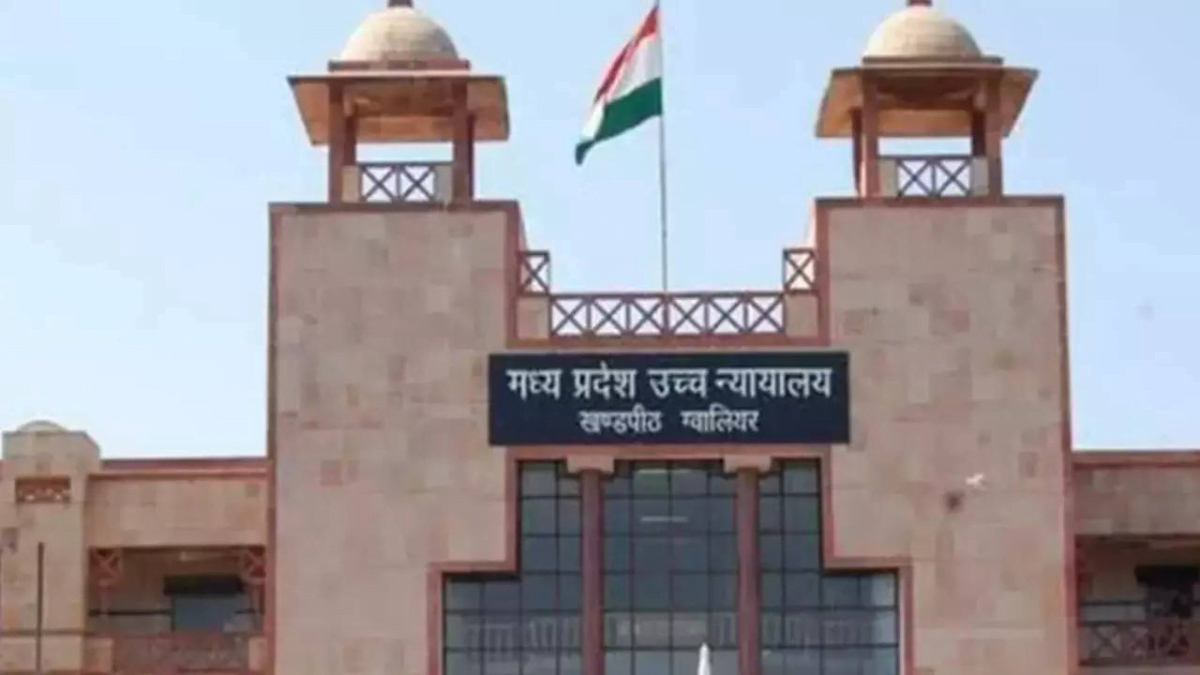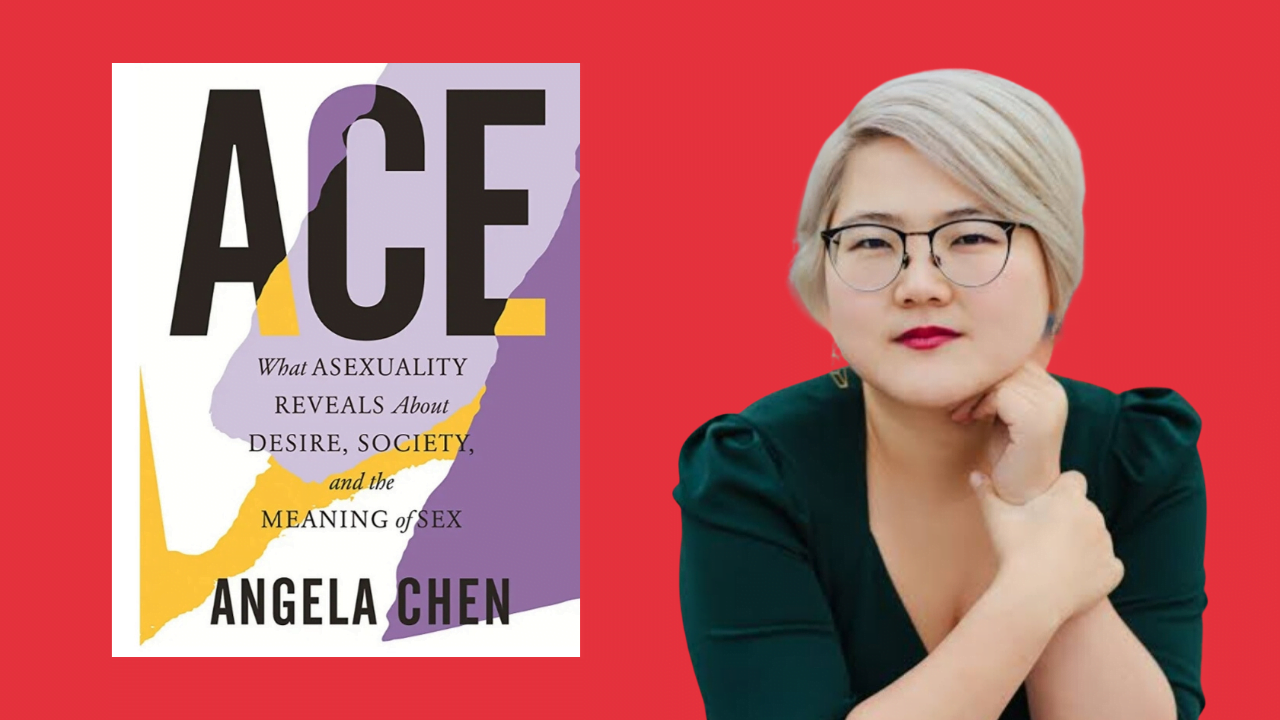Love may be messy but finding it in a heteronormative world is messier. It would be facile to say that dating apps have made romance more accessible as it has simultaneously made us increasingly susceptible to its dark and ugly side as well. With the now pervasive hook-up culture, it is considered naïve and foolish to expect a lasting and meaningful partnership through them. And it only gets worse if one can’t measure up to the marketable standard of mien.
Society, at large, tends to dehumanise women, reducing and thereby limiting them to their bodies and outward appearance. Those deemed as non-conforming to the beauty ideals, fat women in this instance, are particularly subjected to this harshness under the garb of concern.
Society, at large, tends to dehumanise women, reducing and thereby limiting them to their bodies and outward appearance. Those deemed as non-conforming to the beauty ideals, fat women in this instance, are particularly subjected to this harshness under the garb of concern.
People often confiscate our agency over our bodies, acting under an illusive authority that ostensibly gives them the right to judge and vocalise their unsolicited opinions. It happens so frequently that women no longer need verbal cues of the disdain many feel about their fatness. Several fat women have mastered reading the contempt in their eyes, they smell it in the air, in their staggering yet unflinching gaze, and their crinkled nose, and knitted brows as they slowly put the words together in their heads before opening their mouths. The situation is further heightened when no one believes our experiences. Fat women are gaslighted into distrusting their judgement that sprouts from a self-preservation instinct. “They only meant well,” we are told and expected to disregard years of abuse. After all, it’s for our own good.
Also read: Post-pandemic Fatphobia At Indian Weddings
A stereotype associated with women in general and fatness in particular is that they cannot be entrusted with the responsibility to make their own decisions. They don’t know right from wrong or what’s best for them. A happy fat woman or one simply unconcerned by her overt presentation is an anomaly in the eyes of present society. Caught within the cage of consciousness, she is unable to see the derelict state of her body. It is unfathomable that a woman may not want to make it her life’s purpose to consistently please the harrowing male gaze. So with the sole intention to help, naturally, the Samaritans around her feel compelled to show her the mirror, sometimes in soft and subtle ways, while others serve love on a tough hot plate to burst the proverbial bubble that seemingly exists before their eyes.
And so at every opportunity, strangers on the train and distant relatives we have never met, take it upon themselves to give us weight loss advice as if we have not heard and tried each one already. Albeit it pricks deeper when those we love echo the same, adding out of a violent concern that we are hard to love as we are. And that no one without the obligation to do so will ever love us if we don’t change. Parents in our country are known to force daughters into starvation and strenuous exercises before they begin to arrange their marriage. Matrimonial ads too, openly demand a thin, conventional-looking woman.
Parents in our country are known to force daughters into starvation and strenuous exercises before they begin to arrange their marriage. Matrimonial ads too, openly demand a thin, conventional-looking woman.
The same is hinted at indirectly by the absence of fat women in mainstream media which imitates life by similarly dehumanising them as objects of mockery and shame. The male protagonist will never fall in love with one of us, we learn without having to be told. When so much of the initial attraction in the online dating world is physical, a lack of clothes in our size limiting our access to these spaces further marginalises fat bodies.
We are expected to give up eating, suppress our feelings, and take several gap years from living until our bodies can conform to an unachievable ideal. It would be unwise to expect love as we are and so in most cases, we comply.
The oppression and systemic discrimination that fat women are subjected to are ubiquitous and not limited to dating alone. We face it at home and in our workplace as it actively keeps us away from our goals. Hate towards our bodies is regurgitated so frequently that we internalise it sooner or later and come to rely on our unworthiness. It seems counterproductive to then actively seek strangers on the internet who can, in gruesome detail, add to that perpetual shame.
Online dating further seems like a frightening feat when our fears are confirmed by incidents such as the one that happened in 2017 on Bumble (a dating app known for its ‘women-first’ policies). Sam, a young woman of 23 was fat-shamed on the app by a man named Michael. The company responded to the incident once the conversation was shared on social media with an open letter addressed to Michael.
“Harassment and misogyny don’t belong on Bumble – and therefore neither do you…You see, you attacked someone who belongs to our community, and in doing so you attacked more than just one woman – you ultimately attacked our values and philosophy as a community,” the letter stated. While this incident alone is not a holistic reflection of the fat experience, it does represent a large majority. Treading the landmine of being online with a steady likelihood that sooner or later we may trip the wire is an emotionally taxing endeavour that reportedly affects our physical and mental health as well.
A study published in the Journal of Eating Disorders concluded that among the 1769 participants, those who used dating apps had higher odds of indulging in unhealthy weight control behaviors than non-users. Another research by Jessica Strudel and Trent A. Petrie studied the relationship between body image and Tinder, reporting that both male and female users of the app were more likely to be dissatisfied with their body and have lower self-esteem.
In this light, a recent ban on body shaming by Bumble appears to be a welcome step. Earlier this year, the dating app updated its terms and conditions banning “unsolicited and derogatory comments made about someone’s appearance, body shape, size, or health. This includes language that can be deemed fat-phobic, ableist, racist, colorist, homophobic or transphobic.” Misogynists were quick to criticise the policy to which the company responded in their classic open letter fashion.
Soon after the announcement, Danish comedian and author Sofie Hagen said in a video she posted on Instagram in partnership with Bumble, “Online dating can be such a challenge…It is difficult to fully believe that you’re worthy of love when you’re constantly being told that you’re not. Here’s a trick, don’t try to hide it. Not from yourself. Not from people on dating apps. We are talking full-body photos. We are talking (the) word ‘fat’. “Hey just so you know, I am fat!”…there is nothing wrong with being fat…So try dating as you are because who you are is beautiful, and deserves love.”
Bumble is known for taking active steps towards curtailing harassment on their platform but only time can tell if this particular policy will bear fruit in a positive direction. Because even though it is well-intentioned, such schemes are often lacking in execution. A case in point is the recent efforts by Instagram to regulate the promotion of diets that encourage disordered eating behaviours. Despite being a much-needed action, it is hardly ever enforced as the app continues to be permeated with both subtle and aggressive forms of body shaming and weight stigma as well as lofty weight-loss claims.
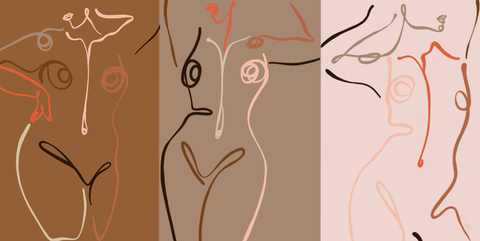
While these small albeit important steps might keep us from stepping on the mine as often but it won’t end the endemic stigma or oppression. And while Sofie’s advice to approaching dating apps can save us from some unsavory experiences, another hurdle fat women are required to jump over is the line between enthusiastic love and fetishisation. Already having come this far in a never-ending race, many choose not to jump over and rather opt into it while others have fetishes thrust upon them.
A general perception about fat women is that they are generous lovers, stemming from an intrinsic insecurity about their bodies. It is assumed and expected of them to make up for their lack of marketable attractiveness by being overly forthcoming in sex. Therefore, the same culture that desexualises fat women, simultaneously hypersexualises them as well, taking away their control over their bodies.
It is further difficult to separate honest desire and attractiveness from a fetish. When such a vast majority of people are culturally deemed unattractive and undesirable, it begins to seem unlikely that anyone who isn’t imperfect themselves would desire our body. “No matter how a potential partner looked, no matter how enthusiastic they were, I couldn’t trust their attraction. I shrank from their touch, recoiling from their hands like hot iron, believing their interest to be impossible or pathological,” the author Aubrey Gordon wrote in an essay for Vox.
The matter becomes complicated when being attracted to a fat woman is inherently judged as a questionable transgression and a form of vulgar deviance. However, the same attitude is not extended to the multitude of people who only find thinness or brown hair or tallness attractive. It is rather seen as merely having a type.
The struggle does not end with just the one dating app when fat women have to face microaggressions on all fronts. It is made evident by the treatment meted out to public figures like Tess Holiday, Lizzo, and others on social platforms. Fat women are constantly required to be brave even as they perform the most mundane activities every day like a visit to the store or the doctor. Being on social media and dating apps in particular brings that judgement into our homes. It puts the power and opportunity to harm into the hands of those from whom we are seeking approval.

And so they have to gather all the courage they can find, empty emergency shelves, and borrow some from friends before they can begin to approach such spaces that expect them to shrink and enter through a crack in the wall rather than opening the full door.
The solution will not come from being able to block and report alone when discrimination pervades the entire system. It is not that fat women don’t find love or get married. The misogynistic compulsion that every woman should continually seek these things deserves to be challenged. But the road to leading a fulfilling life is significantly harder for them than those who aren’t similarly discriminated against.
Also read: Fat Shaming: Why I Stopped Running
What we need are tools and the will to finally end the institutionalised oppression, one that keeps us from dream jobs, equal pay and opportunities, proper health care, access to public spaces, and love and respect. Until then we will continue to exist as anomalies, on the margins of society, lifting up each other. With a shock of adiposity all around our bodies, we will nonchalantly go about our day, falling headfirst in love that is invigorating and fulfilling, and being cared for by our friends and family. We will defy the patriarchal norm to be partnered to have value. We are not one half of an orange, but each of us is a universe that contains multitudes. We will not be reduced to our bodies. And the body is not an apology.
Featured image source: India TV
